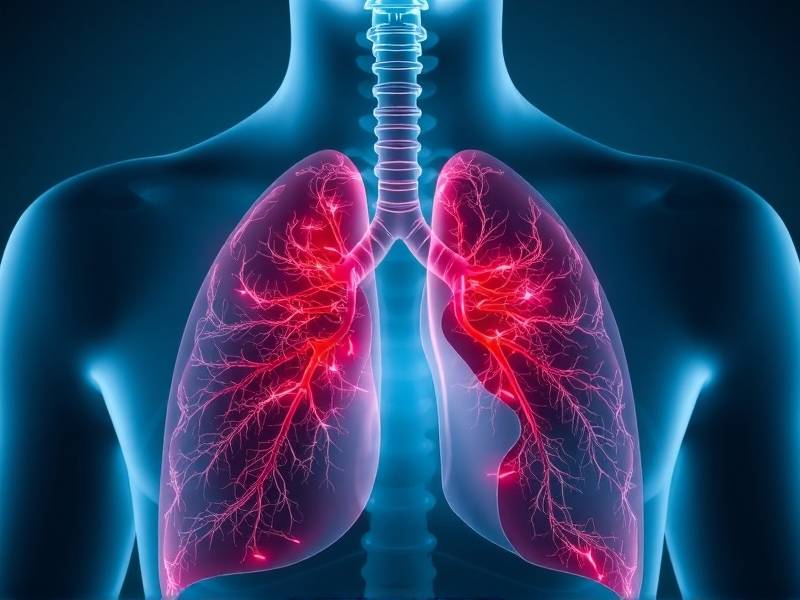How Do You Detox Your Lungs After Quitting Smoking?
A Comprehensive Guide to Lung Detoxification After Quitting Smoking

Introduction: Quitting smoking is a significant step towards a healthier life. However, the journey doesn't end there. Many individuals who have quit smoking are eager to know how to detoxify their lungs and improve their overall respiratory health. In this article, we will explore various methods and tips to help you cleanse your lungs after quitting smoking.
-
Understanding Lung Detoxification Lung detoxification refers to the process of removing toxins and impurities accumulated in the lungs due to smoking. The primary aim is to improve lung function and enhance overall respiratory health.

-
The Importance of Lung Detoxification Detoxifying your lungs after quitting smoking is crucial for several reasons:
- Improved lung function: Detoxification helps restore normal lung capacity and breathing efficiency.
- Reduced risk of respiratory diseases: Cleansing the lungs can lower the risk of chronic obstructive pulmonary disease (COPD), asthma, and other respiratory conditions.
- Enhanced energy levels: Better lung function translates into improved oxygen supply, leading to increased energy levels.
- Improved quality of life: A healthier respiratory system contributes to a better overall well-being.
- Methods for Lung Detoxification
a) Breathing Exercises Practicing deep breathing exercises can help improve lung capacity and remove trapped air from the lungs. Some effective exercises include:
- Pursed-lip breathing
- Diaphragmatic breathing
- Alternate nostril breathing
b) Steam Therapy Steam therapy can help loosen mucus in the lungs, making it easier to expel toxins. To perform steam therapy:
- Boil water in a pot.
- Cover your head with a towel and lean over the pot.
- Inhale deeply through your nose for 5-10 minutes.
c) Herbs and Supplements Certain herbs and supplements may support lung detoxification:
- Turmeric: Known for its anti-inflammatory properties, turmeric can help reduce inflammation in the lungs.
- Green tea: Rich in antioxidants, green tea may aid in cleansing the lungs.
- Vitamin C: This vitamin can strengthen lung tissue and boost immune function.
d) Healthy Diet A balanced diet plays a vital role in lung detoxification:
- Include plenty of fruits and vegetables rich in antioxidants.
- Consume foods high in omega-3 fatty acids, such as fish, flaxseeds, and walnuts.
- Avoid processed foods, excessive salt, and sugar.
e) Regular Exercise Physical activity helps improve lung capacity and circulation:
- Engage in moderate-intensity exercise like walking or cycling for at least 30 minutes daily.
- Practice yoga or tai chi to enhance flexibility and respiratory health.
- Monitor Your Progress It's essential to monitor your progress while detoxifying your lungs after quitting smoking:
a) Keep track of any changes in your breathing pattern or energy levels. b) Consult with a healthcare professional if you experience any adverse effects or concerns.
Conclusion: Lung detoxification is an essential part of the journey towards better health after quitting smoking. By incorporating various methods such as breathing exercises, steam therapy, herbs, supplements, a healthy diet, regular exercise, and monitoring your progress, you can effectively cleanse your lungs and enhance your overall respiratory health. Remember that patience is key; it may take time for your lungs to heal completely after years of smoking. Stay committed to these practices for long-term benefits.
